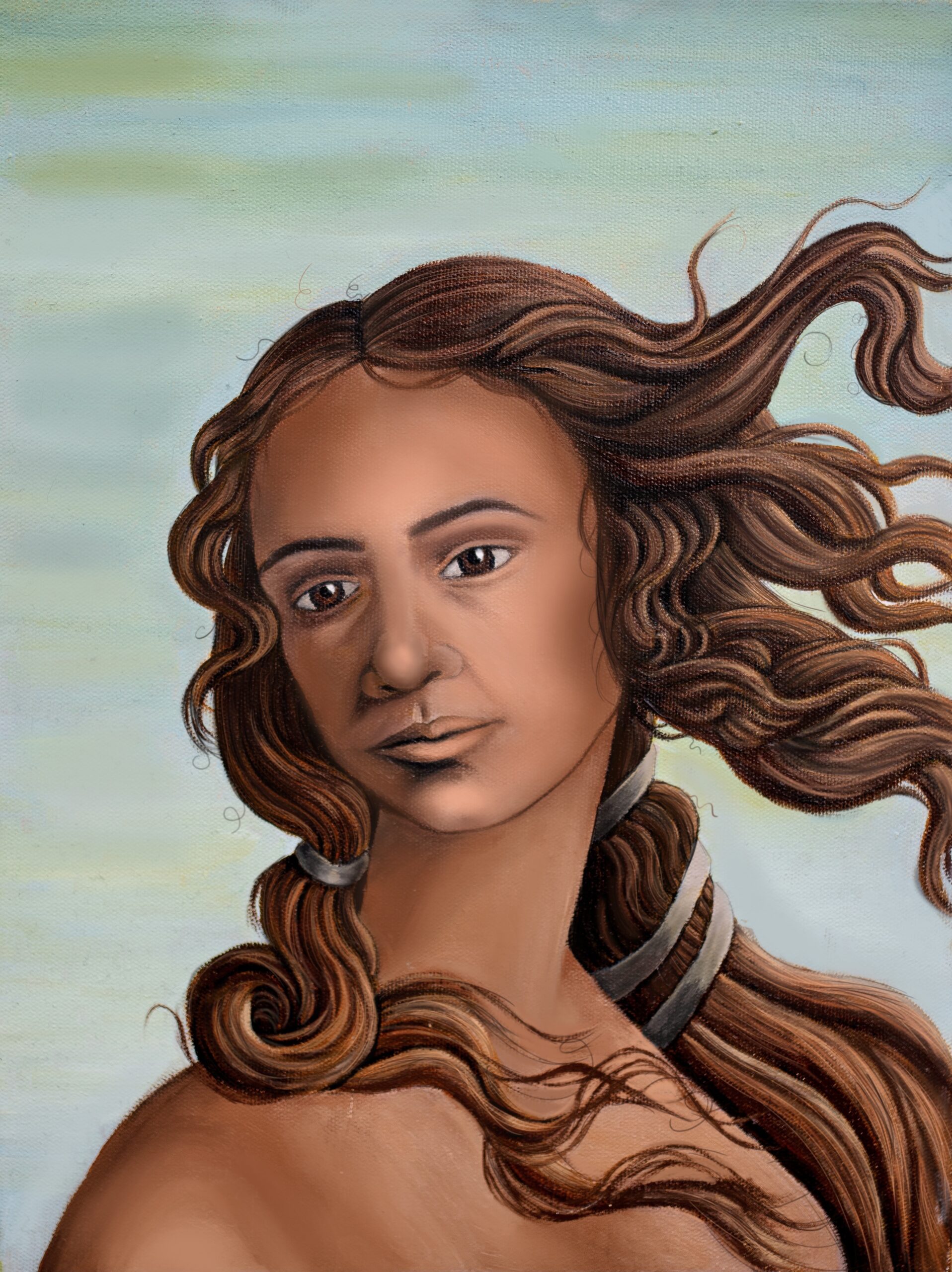Featured in

- Published 20250506
- ISBN: 978-1-923213-07-4
- Extent: 196 pp
- Paperback, ebook, PDF

Already a subscriber? Sign in here
If you are an educator or student wishing to access content for study purposes please contact us at griffithreview@griffith.edu.au
Share article
More from author

Is poetry disabled?
In poetry’s capacity to self-define, to reject conventionality, to be in a constant state of flux and to hold the contradictory together in its granularity, it subverts formal systems of designation time and again. Poetry then avoids simple diagnosis, at least pre-emptively.
More from this edition

The art of appropriation
In Conversation When Brandi Salmon taught herself to paint as a teenager in country Victoria, she never imagined she’d grow up to be a full-time visual...

Nobody panic
Non-fictionThe desert of the real is now where most teens search for answers to life’s big questions: what is love? Who am I? What is truth? The images of reality we create hold messages about reality. Copies of copies of copies though they may be, they nonetheless have a material effect on our children’s thoughts, behaviours, opinions. Consumerism. Communism. Sexism. Cancelism. Nationalism. Anarchism. Stoicism. Humanism. Ideas about what we should live like, look like and love like, what it means to be a man or a woman, what it means to be an individual or part of a community, are all displayed on a screen in their pockets. The influence is profound, but not necessarily sinister if they are taught to interrogate what they consume.

Hidden tracks
Non-fictionYoung and Kucyk are as good at tracking down hard-to-find people as they are at tracking down hard-to-find music, although sometimes they do reach dead ends. Their methods aren’t particularly advanced and are often helped by luck. Sometimes they’ll raid the White Pages. Sometimes they’ll search for relatives of musicians online. Sometimes – as in the case of another song on Someone Like Me – they’ll scour through five years’ worth of archived weekly newsletters from a Seventh Day Adventist Church in the UK and Ireland and spot a tiny article that contains the full name of a mysterious musician they’re trying to find.